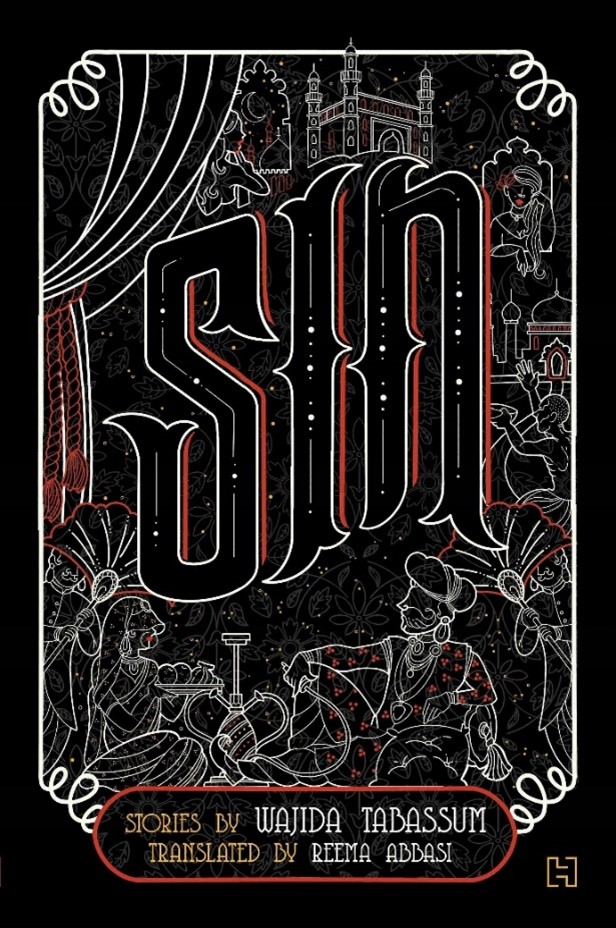SIN: Stories by Wajida Tabassum
Wajida Tabassum
Reema Abbasi
A nymphomaniac nawab and his fiercely clever footman.
The awakening of a servant-child's passion.
A divorce fuelled by envy, illicit love and suppression.
A noble set to transform the history of royal marriages.
Set in Hyderabad's old-world aristocratic society of the 1950s, this stellar collection of stories resurrects and explores the work of Wajida Tabassum, one of the most prominent names in Urdu literature, an iconoclast and non-conformist often referred to as the 'female Manto'. In her lifetime, Tabassum's fearless portrayal of the realities of the society she lived in met with severe criticism from the so-called custodians of culture of the time, and she was reviled to the point that mobs set out to torch her publishers' offices.
Sin showcases Tabassum's boldest short stories, alongside the story of her own life, translated for the first time into English, in which she captures, in riveting prose, the spectrum of depravity among Hyderabad's elite, middle-class compulsions in the mid-twentieth century, and blurred lines of decency and decorum.
Featuring lascivious nawabs, lustful begums, cunning servants, and unfulfilled marriages marked by peculiar rituals and customs, this volume will surprise, intrigue and entertain readers in equal measure.

